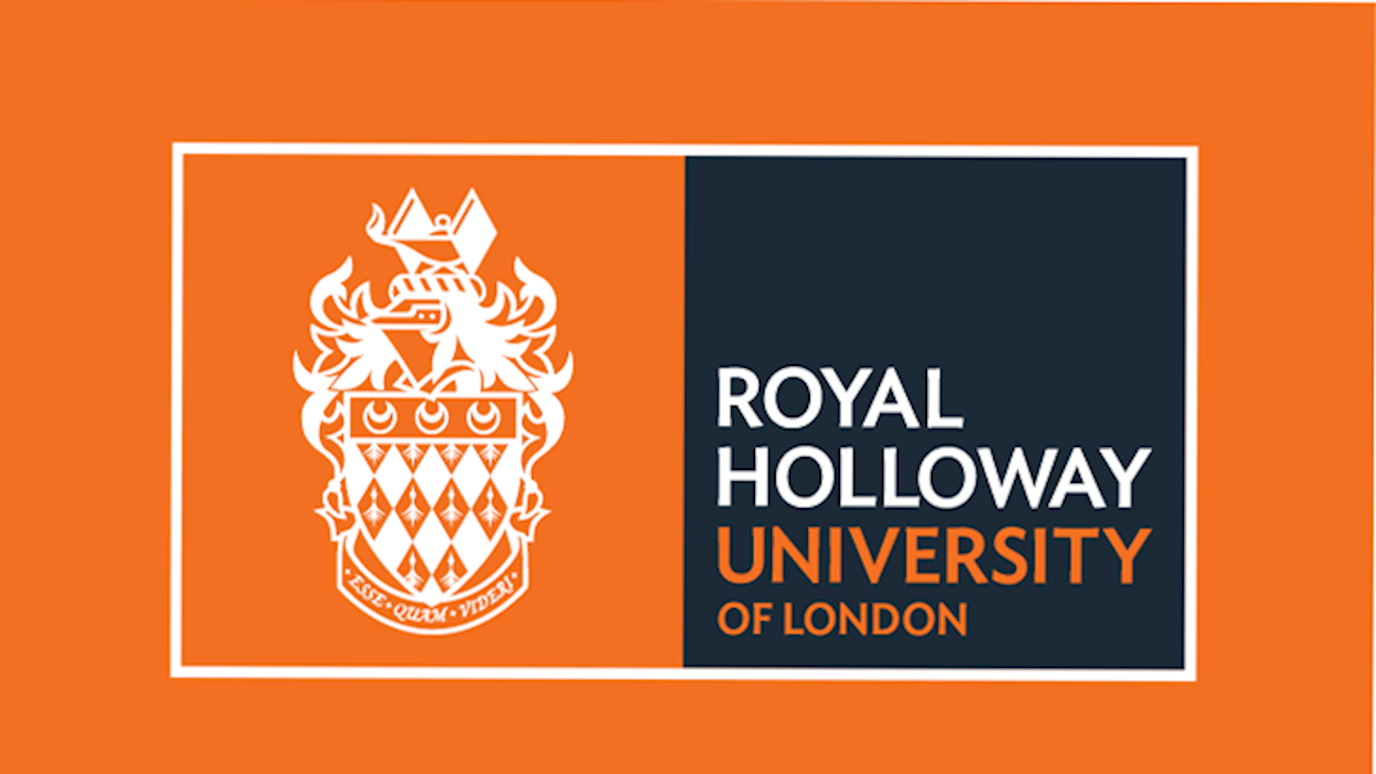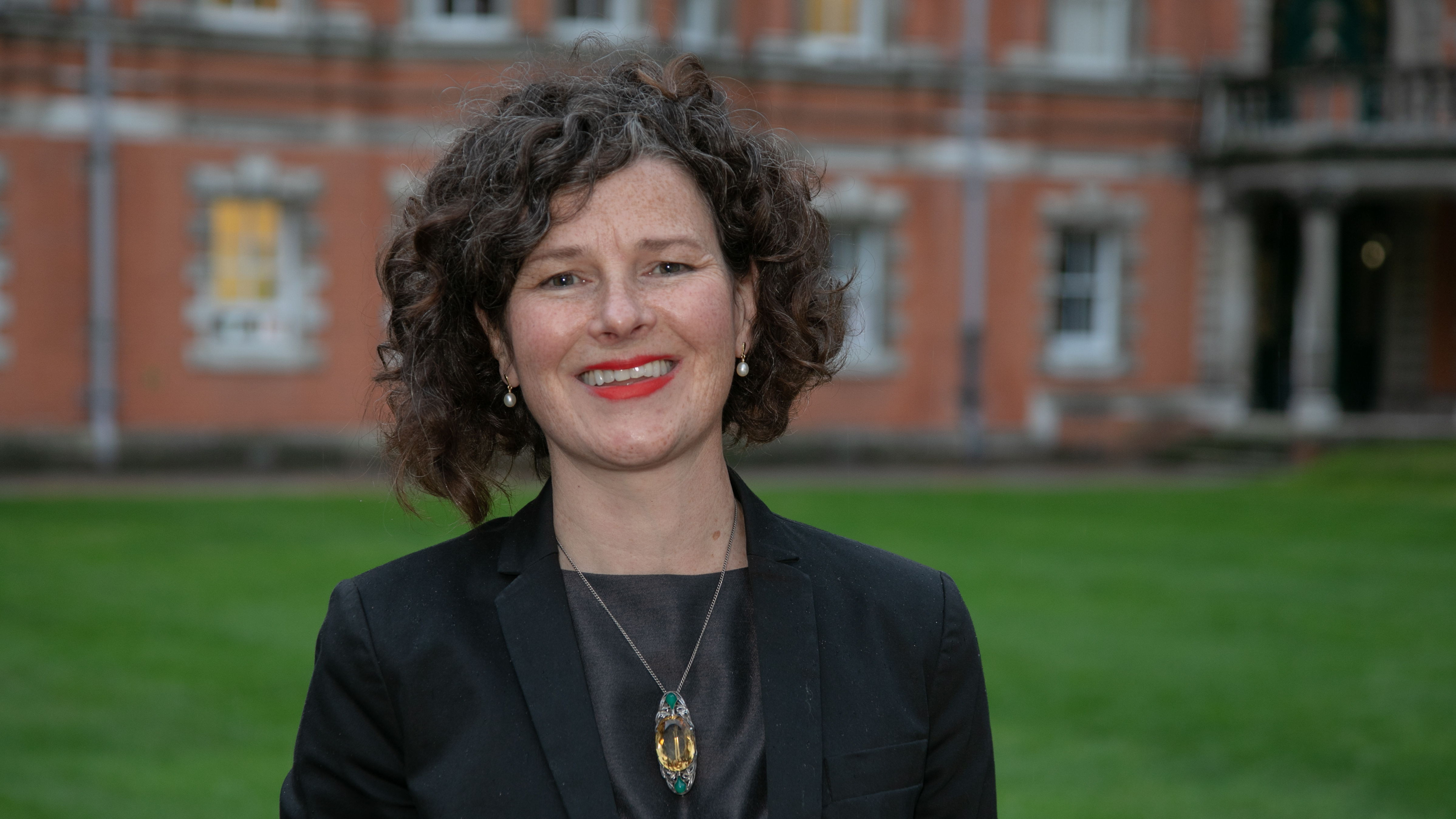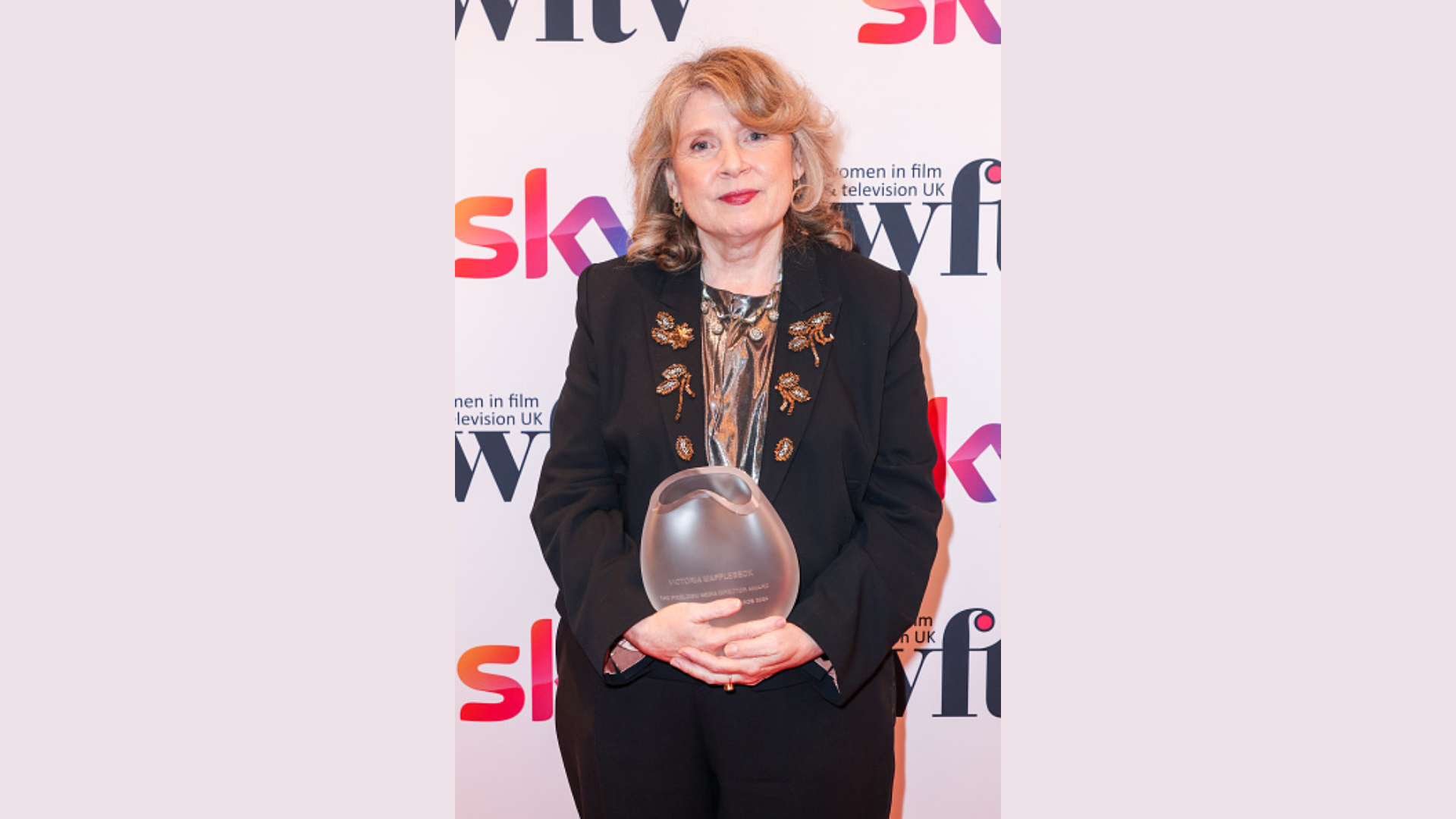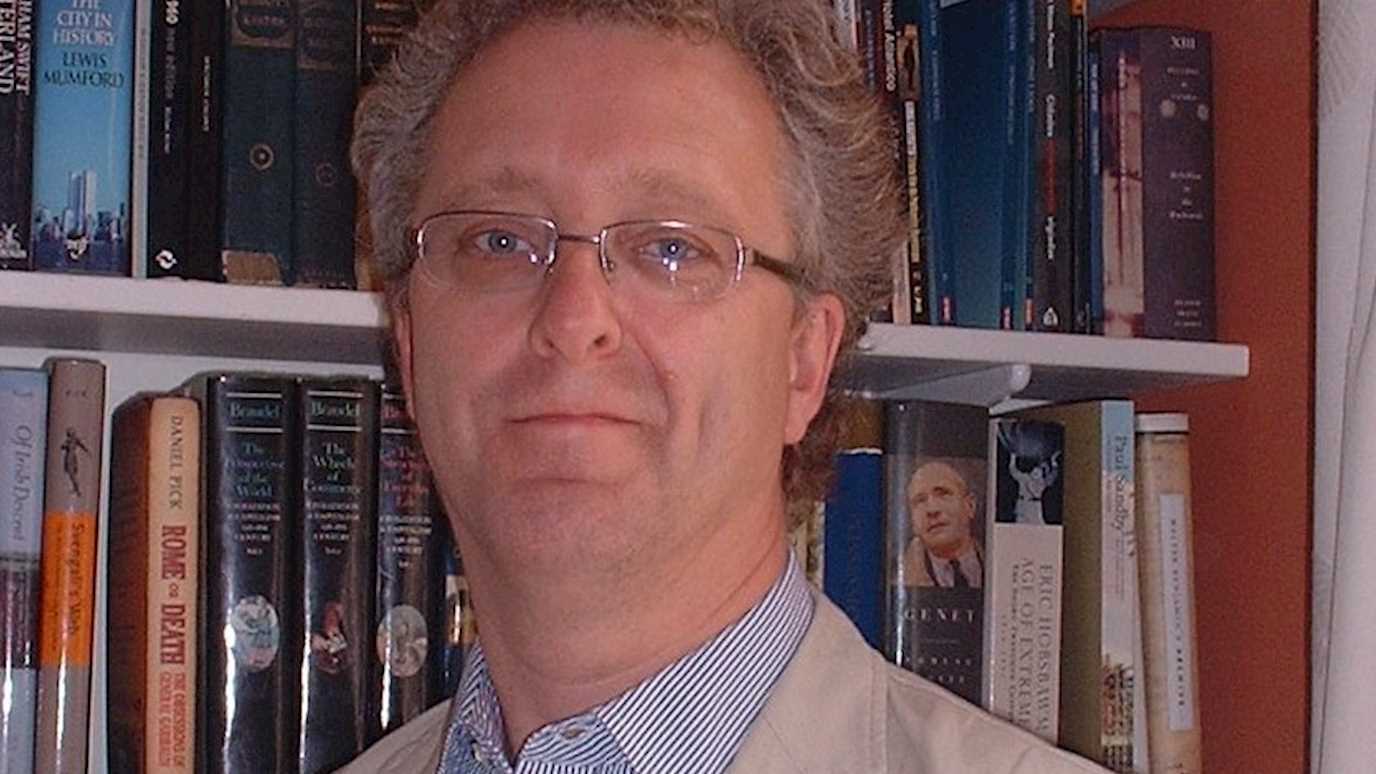A new study has revealed that viruses and bacteria may carry memories of infections they’ve created in the past, and can use these memories to their advantage.

By exploring transmission patterns of infections, researchers found that pathogens that remember the sex of hosts they had infected can make their current host sicker. In doing so, they improve their own transmission.
This new research, resulting from an international collaboration among Royal Holloway, University of London (UK), Centre National de la Recherche Scientifique (France) and The University of Western Ontario (Canada), indicates that complex patterns of infection virulence in measles, chickenpox and polio - which have previously defied medical explanation - may be clarified by considering the effect of natural selection acting on pathogens that can remember their past.
Led by Dr Francisco Úbeda, Reader in the School of Biological Sciences at Royal Holloway, the work applies its findings to understand the medical puzzle of why in many childhood diseases (in particular measles, chickenpox and polio) infections from the opposite sex were more likely to cause extreme reactions or death than infections from a member of the same sex. In principle, there is no reason why such patterns could not be observed in other infectious diseases.
Their research focused on the establishment of epigenetic memories, which are transient marks on genes themselves. While these marks do not alter the DNA, they alter the way in which DNA is expressed. Their research shows that epigenetic memories of the sex of the previous host are favoured when they give pathogens clues about the sex of the host they are currently infecting, or the sex of the host they will be infecting in the future.
This research, with the support of more empirical work, opens the possibility of using epigenetic therapies to make pathogens express their least aggressive behaviour by tampering with their memories. The work, published in Nature Communications, predicts the outcome of helping pathogens forget their past.
Dr Francisco Úbeda of Royal Holloway said: “It has been observed that boys in developing countries are less likely to survive measles when they acquire their infection from a girl. Similarly, girls are less likely to survive these infections when they acquire their infection from a boy.
“Given that humans form a key part of a microbe’s environment, it is possible that the chain of infection – from one person to another – establishes a memory that changes the expression of microbial DNA in a way that could ultimately make us sicker. Given that our sex can affect the way in which our immune system functions, it makes sense that sex is an environmental variable that microbes may wish to track.”
























